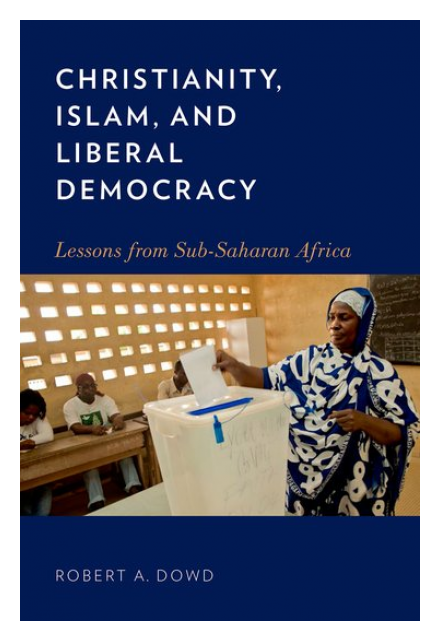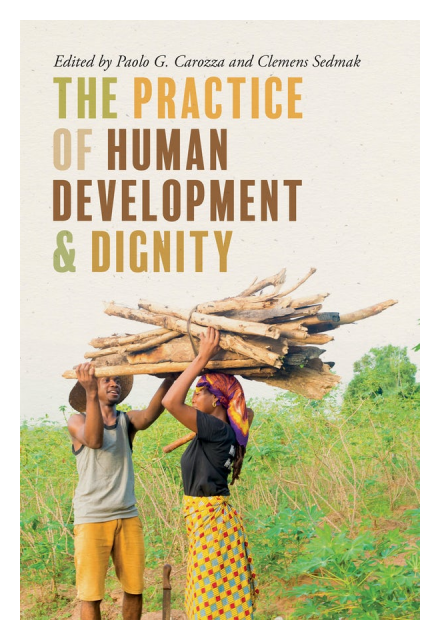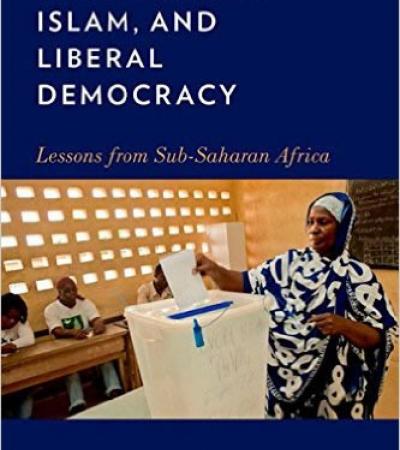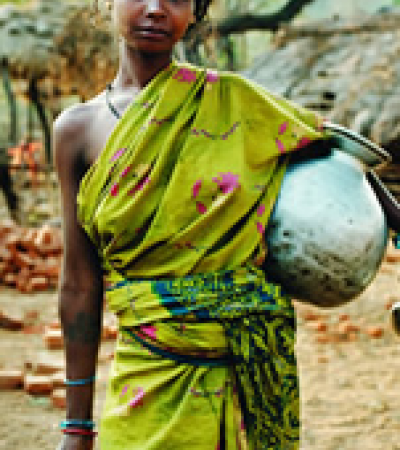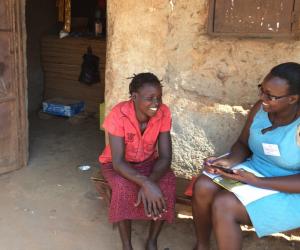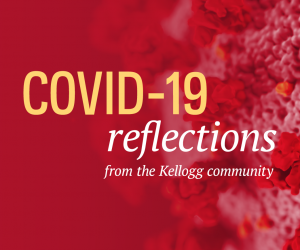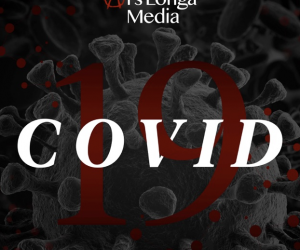Rev. Robert Dowd, CSC, became Notre Dame’s 18th president in June 2024. Professor of political science, Dowd is an Africanist whose research interests include religion, development, and political culture. He is the founder of the Kellogg Institute's Ford Program in Human Development Studies and Solidarity, which, in keeping with Catholic Social Teaching, is dedicated to forging community-engaged research partnerships in the Global South.
Dowd is the author of Christianity, Islam, and Liberal Democracy: Lessons from Sub-Saharan Africa (Oxford University Press, 2015) as well as articles on how religion and ethnicity affect political transitions in Africa. His current research, supported by a grant from the Templeton Foundation, focuses on how Christianity and Islam affect political attitudes and economic activities in Nigeria, Senegal, and Uganda.
He was previously an assistant provost for internationalization with Notre Dame International, where his primary responsibilities included overseeing the Dublin Global Gateway and Kylemore Abbey Global Centre in Ireland and the São Paulo Global Center in Brazil, and establishing an office in Nairobi, Kenya, to promote and support Notre Dame’s research and educational partnerships in Africa.
Ordained a Holy Cross Priest in 1994, Dowd holds a PhD in political science from the University of California, Los Angeles, as well as a BA in economics from the University of Notre Dame and has was a Kellogg Institute faculty fellow from 2004 to 2024.
African politics; religion and politics; ethnic conflict and peace building; political parties and party systems; comparative democratization
- Religious Leaders as Political Activists in African Elections. In collaboration with political scientists Clark Gibson (UC-San Diego), a Kellogg Distinguished Research Affiliate, and Brigitte Zimmerman (UNC-Charlotte), this project examines the variation in the extent to which religious leaders embed political messages in sermons during election campaigns and the effects of such messages on the political attitudes and behaviors of religious communities. The project will initially focus on Zambia and document the tone, language, and slant of political messages embedded in sermons in 120 randomly selected churches during the month leading up to Zambia’s presidential and parliamentary elections in August 2016. (Supported by the Kellogg Institute for International Studies.)
- Saints, Sinners, and Citizens: The Catholic Charismatic Renewal in Sub-Saharan Africa. Conducted with political scientist Ani Sarkissian (Michigan State University) and theologian and Kellogg Faculty Fellow Rev. Paul Kollman, CSC, this project is intended to assess whether the Catholic Charismatic Movement is decreasing or increasing political engagement, tolerance of different ethnic and religious groups, support for basic freedoms, and support for democratic institutions in three countries, Kenya, Nigeria, and South Africa. (Supported by the John Templeton Foundation through the Center for Religion and Civic Culture at the University of Southern California.)
- Does Religion Matter? The Impact of Religious Networks on Health-Enhancing Behavior in Africa: In collaboration with University of Virginia economist Molly Lipscomb, this project uses a randomized controlled trial in 185 villages in western Uganda to assess whether local religious leaders or local governmental leaders are more effective at (1) getting local people to purchase water purification tablets for their household drinking water and (2) targeting those in most need with discount coupons to buy the tablets. (Supported by the John Templeton Foundation, the Tony Blair Faith Foundation, and the Kellogg Institute for International Studies.)
Journal Articles
Books
Book Chapters
- Luksic Family Collaboration Grant (2017-18): "Global Catholic Education: Setting and Expanding a Social Science Research Agenda"
From Aid to Accompaniment
- « first
- ‹ previous
- 1
- 2
- 3






